Study in Ireland
Discover world-class education opportunities and build your future in one of the world's most prestigious educational destinations.
8
Partner Schools
35
Available Programs
2
Types of Institutions
Explore More
Why Study in Ireland?
Discover what makes Ireland a premier destination for international education
About Ireland
Discover why thousands of international students choose Ireland as their study destination each year.
Location
Ireland is an island in the North Atlantic Ocean, located to the west of Great Britain. It is the second-largest island of the British Isles. Politically, the island is divided between the Republic of Ireland, which covers the majority of the island, and Northern Ireland, which is part of the United Kingdom
Capital and Largest City (Republic of Ireland)
Dublin.
Official Languages
Irish (Gaeilge) and English. English is the most commonly used language.
Currency
Euro (€).
Population (Republic of Ireland)
Approximately 5.38 million (as of April 2024 estimate).
Government (Republic of Ireland)
Unitary parliamentary republic. The head of state is the President, and the head of government is the Taoiseach (Prime Minister).
Membership
Member of the European Union (EU) and the United Nations. Note that Ireland is not part of the Schengen Area, although it participates in the Common Travel Area with the United Kingdom.
Nickname
Often referred to as the "Emerald Isle" due to its lush green landscape, a result of its mild, moist climate.
Why These Facts Matter
These key aspects of Ireland's education system demonstrate its commitment to academic excellence and student success. Each fact represents an important consideration for your educational journey.

International Students
8000+
Universities
8
Transform Your Future Through Education
Join a community of international scholars in Ireland's top-ranked institutions. Experience world-class education that opens doors to global opportunities.
Global Recognition
Degrees valued by employers worldwide
Cutting-edge Programs
Industry-aligned curriculum and research opportunities
Diverse Community
Connect with students from over 100 countries
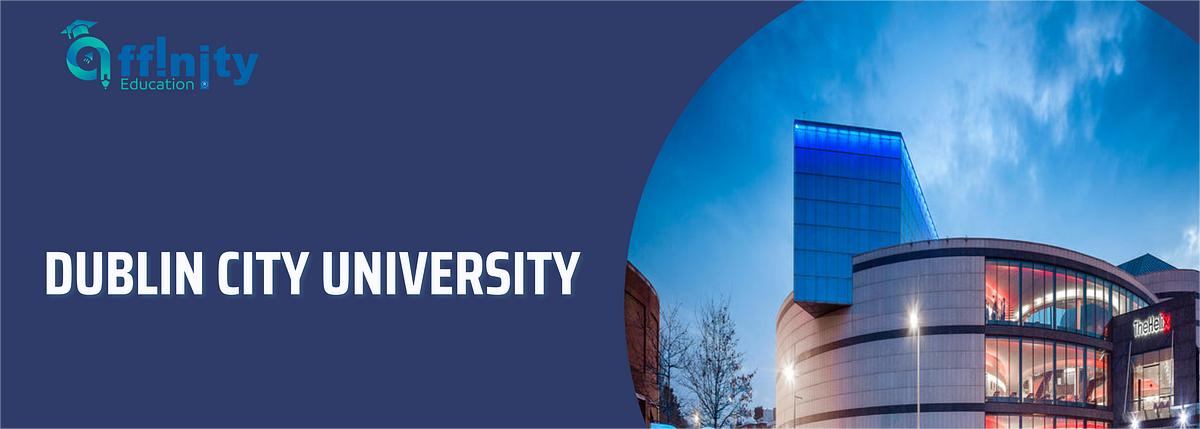
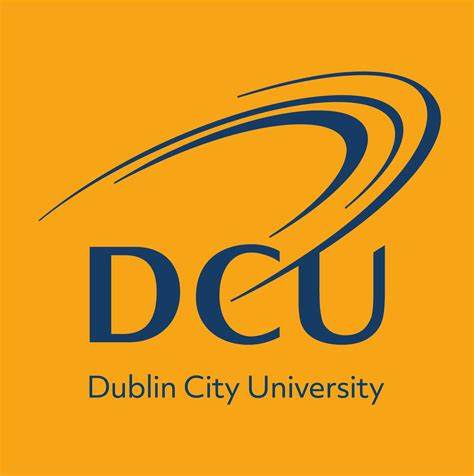
Dublin City University (DCU)
University
Trinity College Dublin is Ireland’s oldest university, founded in 1592 by Queen Elizabeth I. It is the sole constituent college of the University of Dublin and consistently ranks among the world’s top 100 universities.
€15,500.00 - €17,500.00
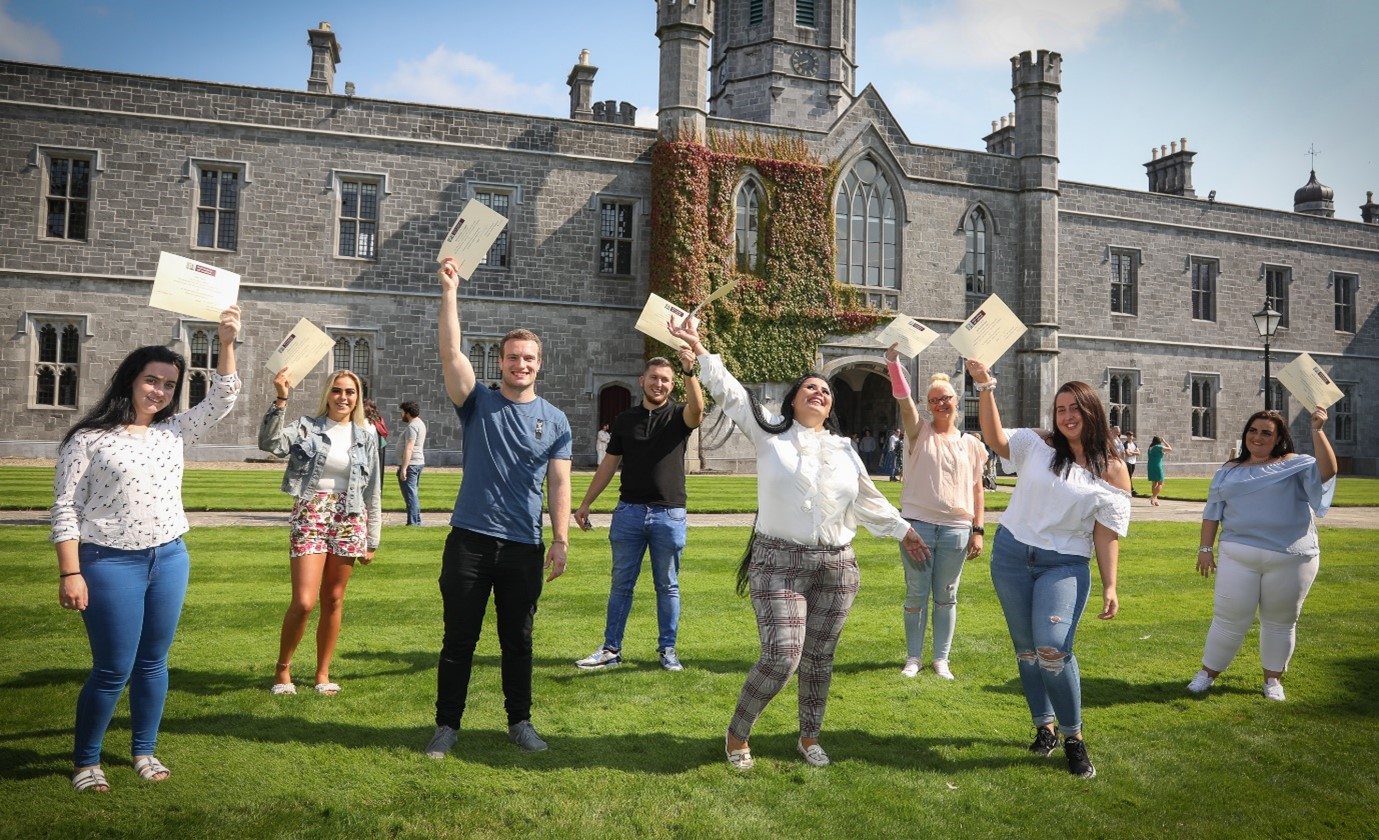
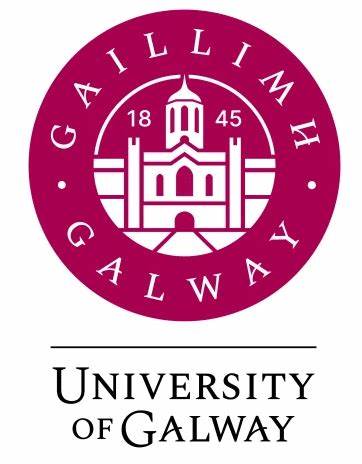
University of Galway
University
UCD is Ireland’s largest university, established in 1854 by John Henry Newman and now a public research university in Belfield, Dublin.
€7,000.00 - €22,000.00
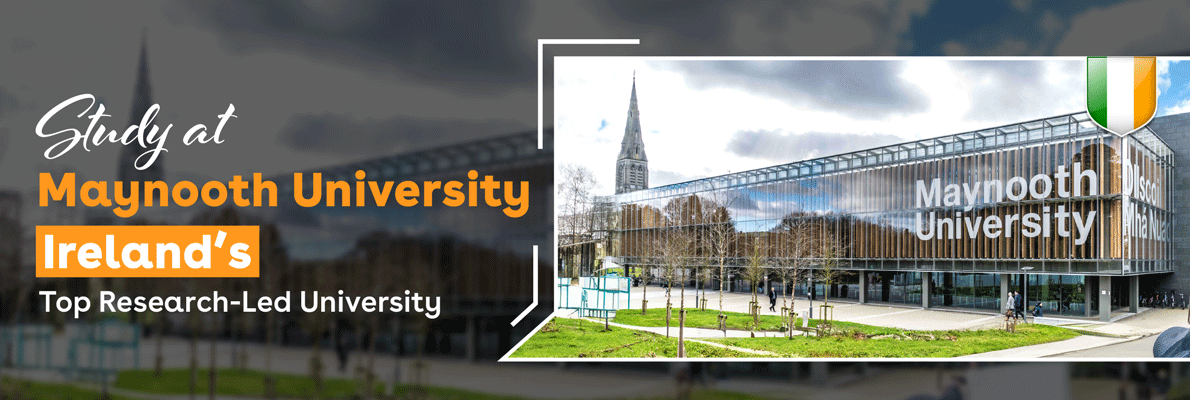
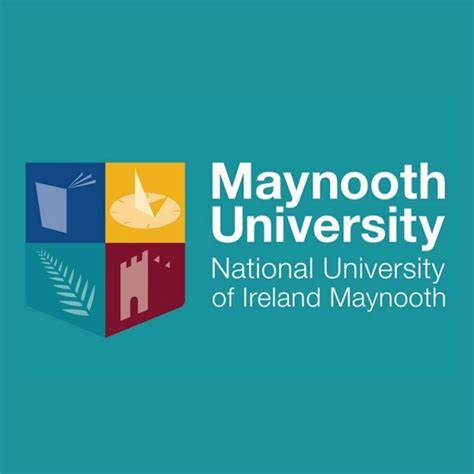
Maynooth University
University
DCU (est. 1975 as NIHE Dublin; university status 1989) is the youngest of Dublin’s universities, noted for its enterprise ethos and strong business school.
€4,300.00 - €25,800.00
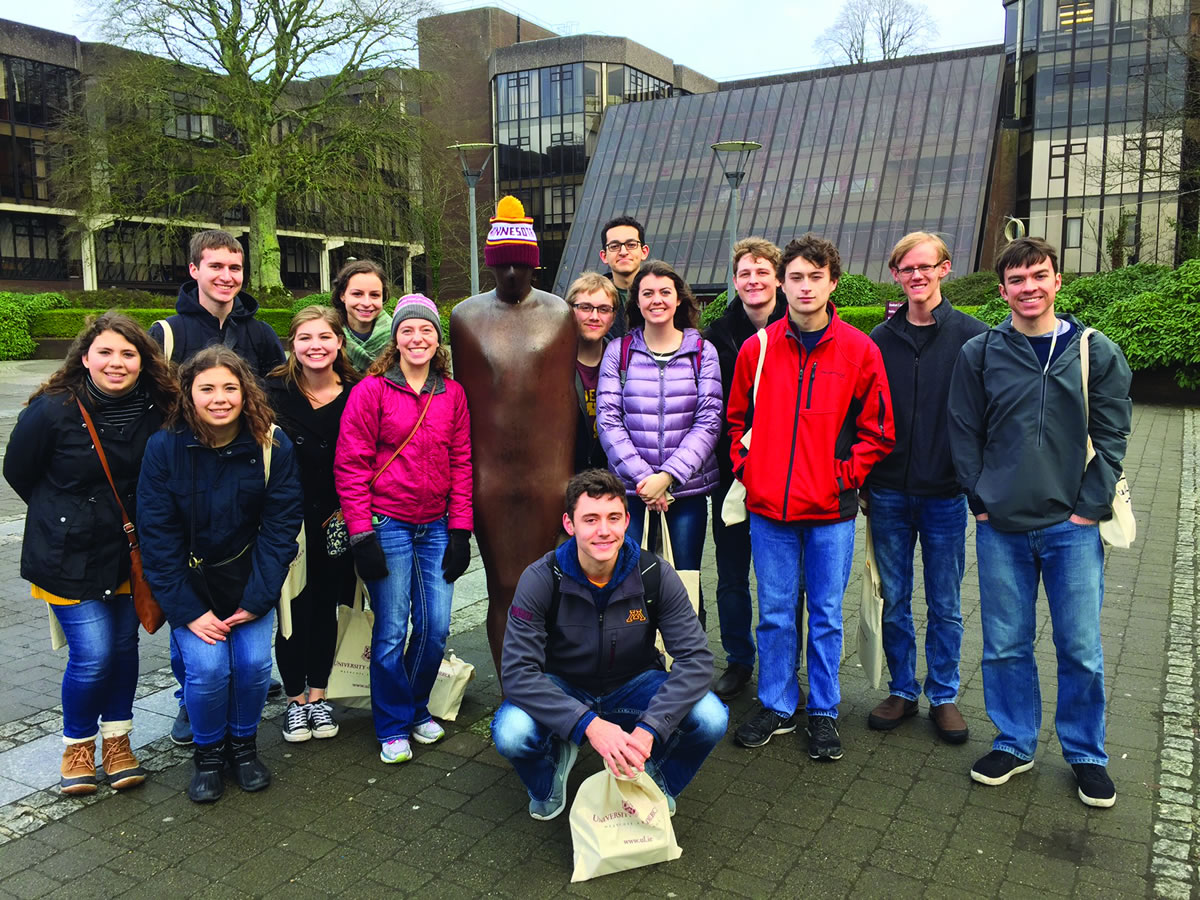
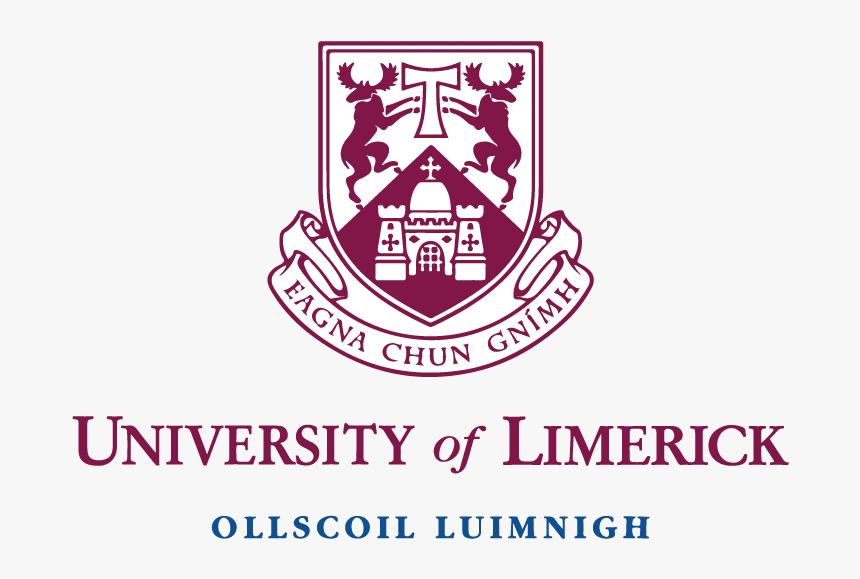
University of Limerick (UL)
University
UL began as NIHE Limerick in 1972 and was granted university status in 1989. It pioneered the “Co-Op” work-placement model in Ireland.
€6,000.00 - €20,000.00
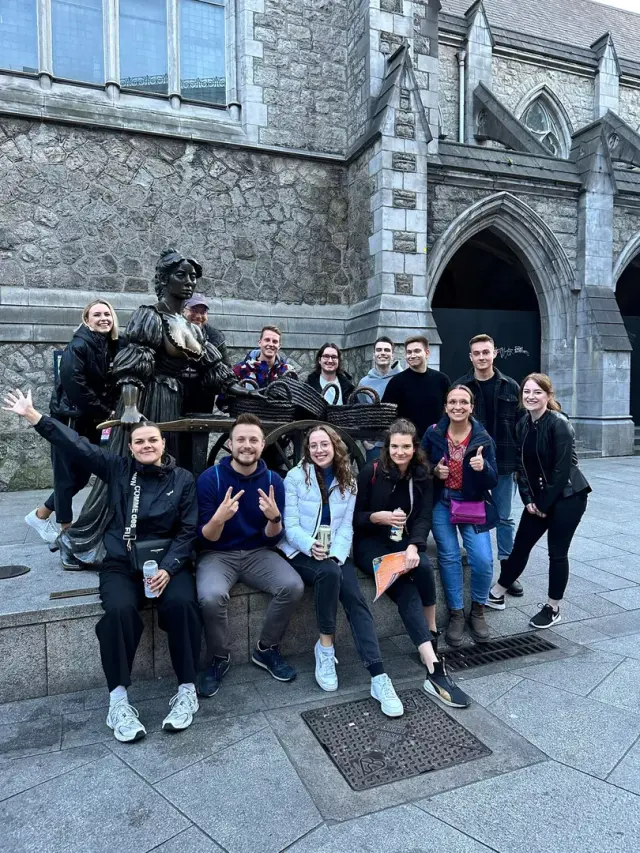

Dublin Business School
University
Founded in 1975, Dublin Business School specialises in the provision of career-focused education. The school has evolved over the years, expanding their offerings to meet the demand of various sectors. The extensive suite of programs include: business, finance, law, computing, media, arts, psychology and social science. DBS works closely with industry and professional bodies to ensure quality and relevance of material, and employability of graduates, to drive meaningful and impactful careers.
€0.00 - €10,000.00
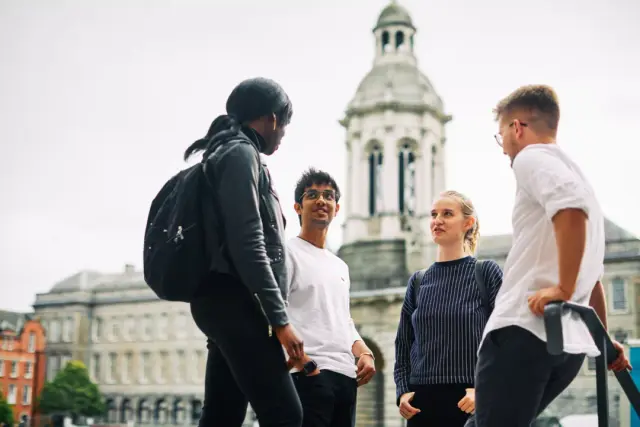
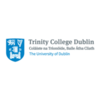
Trinity College Dublin
College
Trinity College Dublin offers undergraduate and postgraduate courses across all major disciplines such as arts and humanities, business, law, engineering, science, maths and health sciences. Trinity’s 47-acre campus is in the heart of Dublin, a safe and charming European capital city. The University’s central location allows students partake in a prestigious academic programme coupled with access to a variety of cultural and social experiences. An array of museums, theatres, cafes, restaurants and historic sites are in close proximity to the university. The University has a strong tradition of intellectual enquiry, scholarship and creativity, inspiring a love of learning for over 400 years. Notable alumni include scientists William Rowan Hamilton, Ernest Walton and William Campbell (Nobel laureates), political thinker Edmund Burke, writers Oscar Wilde and Samuel Beckett (Nobel laureates), and former President of Ireland and UNHCR Mary Robinson. Trinity is ranked as the 17th most international university in the world (Times Higher Education Rankings 2020). Students and staff hail from over 120 countries and 28% of students are from outside of Ireland, making it a truly international campus. International students can work part-time during their studies. On graduation, undergraduate students have the option to remain in Ireland to work for one year on the Third Level Graduate Scheme. Eligible postgraduate students can stay for up to two years. This provides students opportunities for work experience in industries and organisations in Ireland. Students may also be allowed remain in Ireland for a longer period if they secure employment that meets the criteria for a Work Permit. The US-Ireland Working Holiday Agreement provides a separate one-year work permit for US students, who can apply for this within 12 months of graduating.
€0.00 - €8,000.00

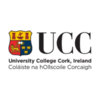
University College Cork
College
UCC's first students arrived in 1849 and, from 1850, the institution formed part of the Queen's University of Ireland. In the 1880s it became part of the Royal University of Ireland, and by 1908 joined the federal National University of Ireland (NUI), where it was a founding member. The landscaped gardens and surrounds of UCC are known as ‘the quad’ and superstition holds that students crossing the quad before graduation risk bad luck and failure in exams. Alongside the quad, the university is centred around its Aula Maxima – the Great Hall, which acts as the ceremonial and symbolic heart of the university. The Hall's design, inspired by the great universities of the Middle Ages, was the work of renowned Irish architects Thomas Deane and Benjamin Woodward. Since 1908, UCC has grown exponentially, offering a research-led curriculum across 120 degree programmes in Humanities, Business, Law, Architecture, Science, Medicine and more. With a student body of some 20,000, including 3,000 international students, UCC returned to being a university in its own right again in 1997, retaining its original name. UCC’s alumni includes the prominent mathematician Professor George Boole, who most famously invented Boolean logic, as well as the feminist and politician, Mary MacSwiney. Among UCC’s many historical collections and artefacts are the ancient Ogam stones, thought to be the earliest written source of the Irish language.
€0.00 - €5,000.00
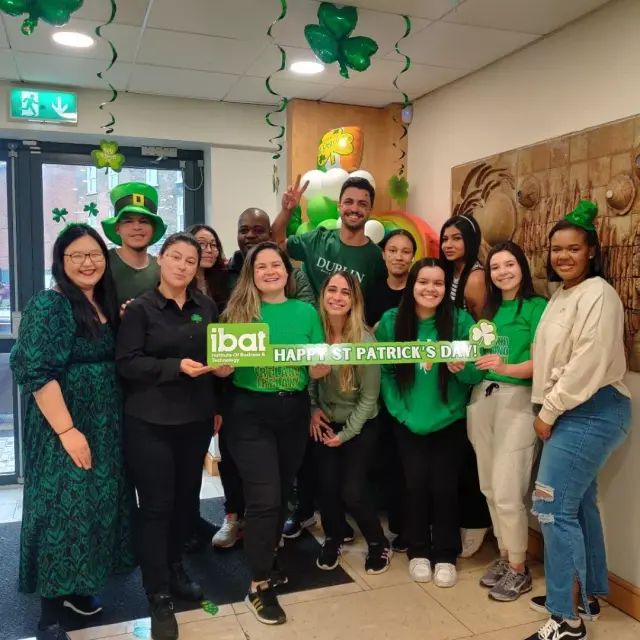
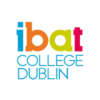
IBAT College Dublin
College
IBAT College Dublin’s aspirations and purpose are expressed in the following sections. They describe the values that guide everything they do to meet their learner and other stakeholders’ needs. The values are what drive and shape the culture in IBAT College Dublin.
€0.00 - €10,000.00
Student Visa Guide
Essential steps and requirements for your journey to Ireland
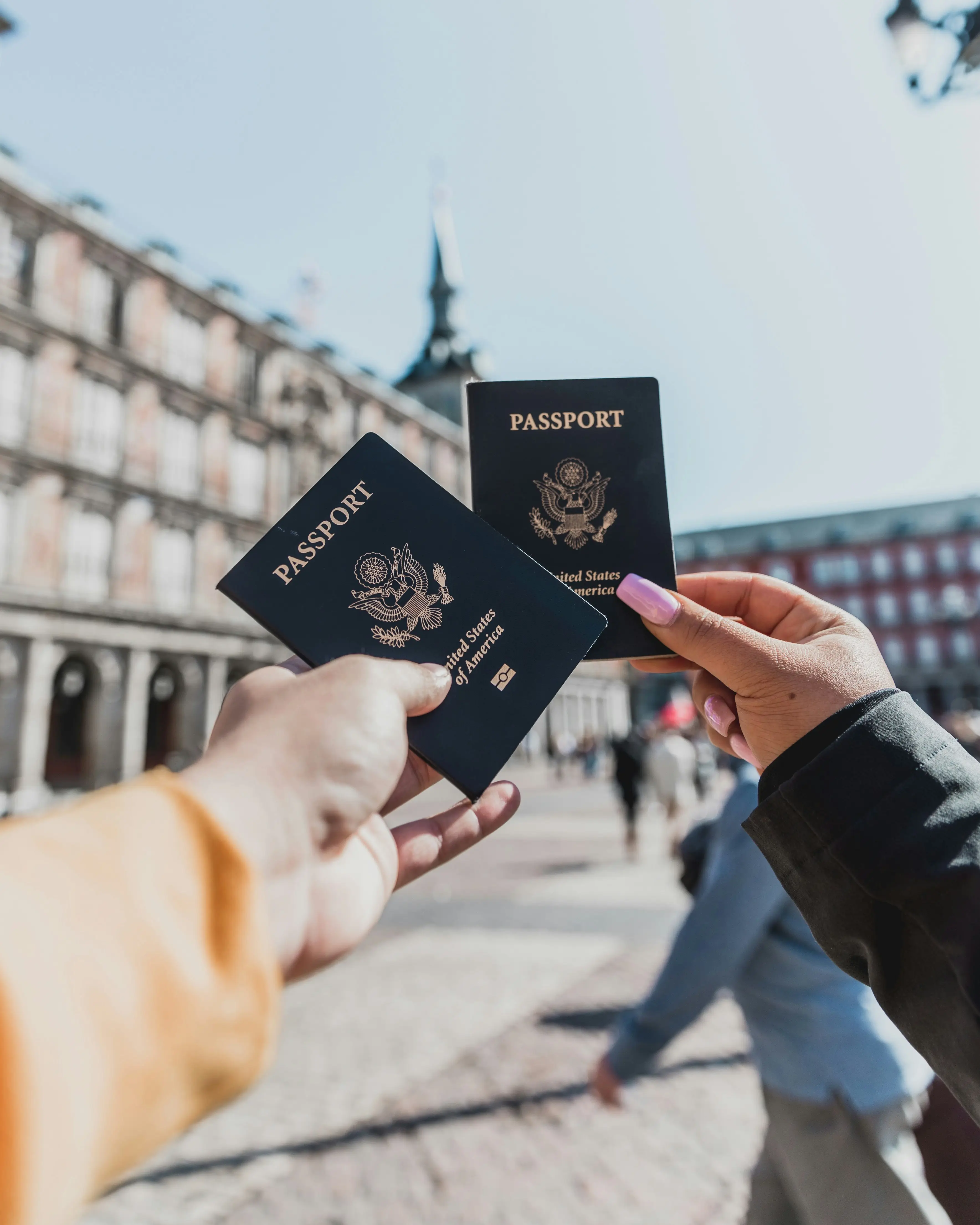
Document Preparation
Gather all required documents including acceptance letter, financial proof, and passport
Application Submission
Complete the visa application form and submit it with supporting documents
Visa Interview
Attend the visa interview at your local embassy or consulate
Visa Processing
Wait for your application to be processed and approved
Official Requirements
Completing an online visa application form.
Submitting a signed summary sheet of your application.
Your current passport (valid for at least 6 months after your planned departure from Ireland, issued within the past 10 years, with at least two blank pages) and copies of all previous passports.
Passport-sized photographs.
A letter of application explaining your reason for travel, intended dates, where you will stay, and your commitment to obeying visa conditions and leaving Ireland before your visa expires.
Proof of finances to cover your stay (e.g., bank statements).
Proof of accommodation (e.g., hotel bookings, invitation letter from a host in Ireland).
Proof of ties to your home country (e.g., letter from employer, proof of enrollment in education) to show you intend to return.
Travel medical insurance (required once your visa is approved, before travel).
Relevant supporting documents depending on the purpose of your trip (e.g., letter of invitation for family visit or business, letter of acceptance for study).
Payment of the visa fee (some nationalities are exempt).
Need Assistance?
Our visa experts are here to guide you through the process
Get Help with Your Application →A Legacy of Academic Excellence
Discover Ireland's rich history and innovation that continues to shape global minds
The history of Ireland is marked by early settlements, Celtic culture, Christianisation, Viking raids, Norman invasion, centuries of English and later British rule, famine, struggles for independence, and partition.
Human settlement in Ireland dates back to the Mesolithic period, around 10,000 years ago. The arrival of Celtic peoples from mainland Europe between 500 and 150 BC profoundly shaped the island's language, culture, and social structure, dividing it into various kingdoms. Christianity was introduced in the 5th century AD, famously associated with Saint Patrick, leading to the flourishing of monasteries as centres of learning and art. From the late 8th century, Viking raids disrupted Irish society, although Viking settlements eventually grew into important towns like Dublin, Cork, and Limerick. In the 12th century, a Norman invasion initiated centuries of increasing English involvement and control, gradually marginalizing the native Gaelic order. The 16th and 17th centuries saw further conquest and colonization ("plantations") by English and Scottish settlers, particularly in Ulster, leading to deep sectarian divisions. Ireland was formally incorporated into the United Kingdom in 1801. The 19th century was marked by poverty, agrarian unrest, and the devastating Great Irish Famine (1845-1852), which resulted in over a million deaths and mass emigration, significantly reducing the population.
Rising Irish nationalism and calls for self-governance gained momentum in the late 19th and early 20th centuries. The Easter Rising in 1916, though militarily unsuccessful, galvanized support for independence. This was followed by the Irish War of Independence (1919-1921), which led to the Anglo-Irish Treaty. The treaty resulted in the creation of the Irish Free State, a dominion within the British Empire encompassing 26 southern counties, while the six counties of Northern Ireland remained part of the United Kingdom. The treaty sparked a civil war in the south (1922-1923). The Irish Free State gradually asserted more independence, adopting a new constitution in 1937 that declared the state of "Éire" (Ireland). In 1949, the Republic of Ireland was formally declared, severing its last ties with the British monarchy. The division of the island led to decades of conflict in Northern Ireland, known as 'The Troubles', which largely ended with the Good Friday Agreement in 1998. The Republic of Ireland has since developed into a prosperous modern nation and an active member of the European Union.
The Ambassadors Globe Milestones
18+
Years of Academic Excellence
1000+
Helped Students Worldwide
Did You Know?
Ireland is home to some of the world's oldest universities
Students from over 150 countries choose Ireland for higher education
Want to Learn More?
Connect with our advisors to discover more about education in Ireland
Schedule a ConsultationYour Future Starts in Ireland
Join thousands of international students who have transformed their lives through education. Let us guide you through your journey to academic excellence.